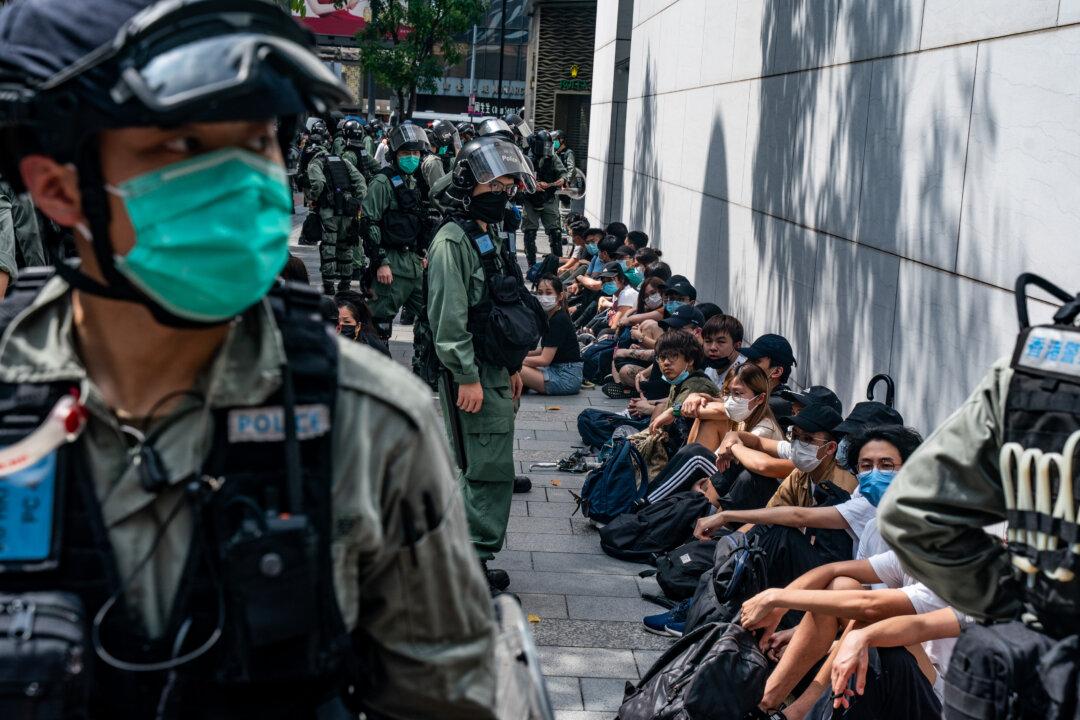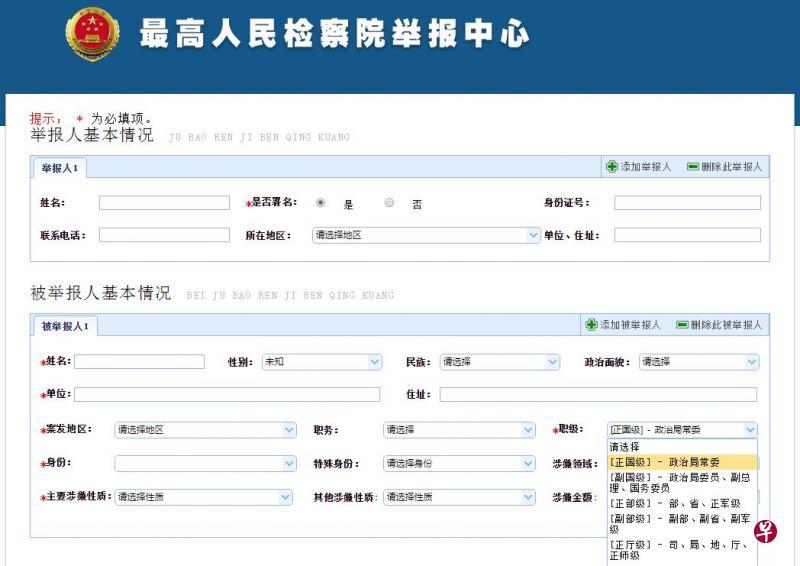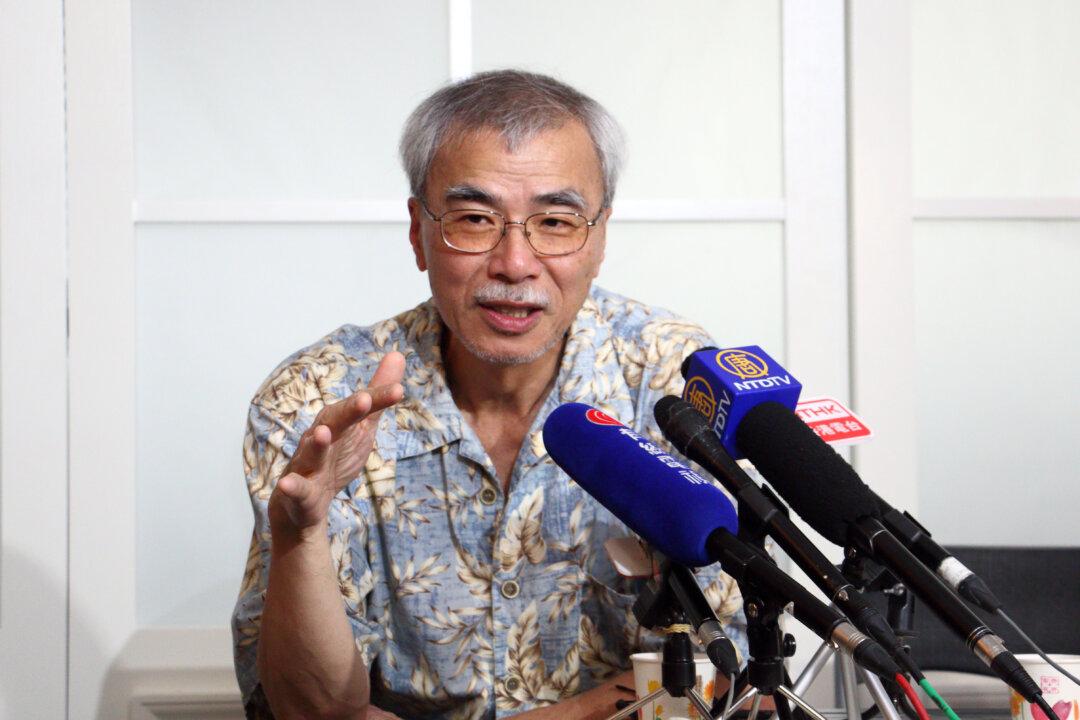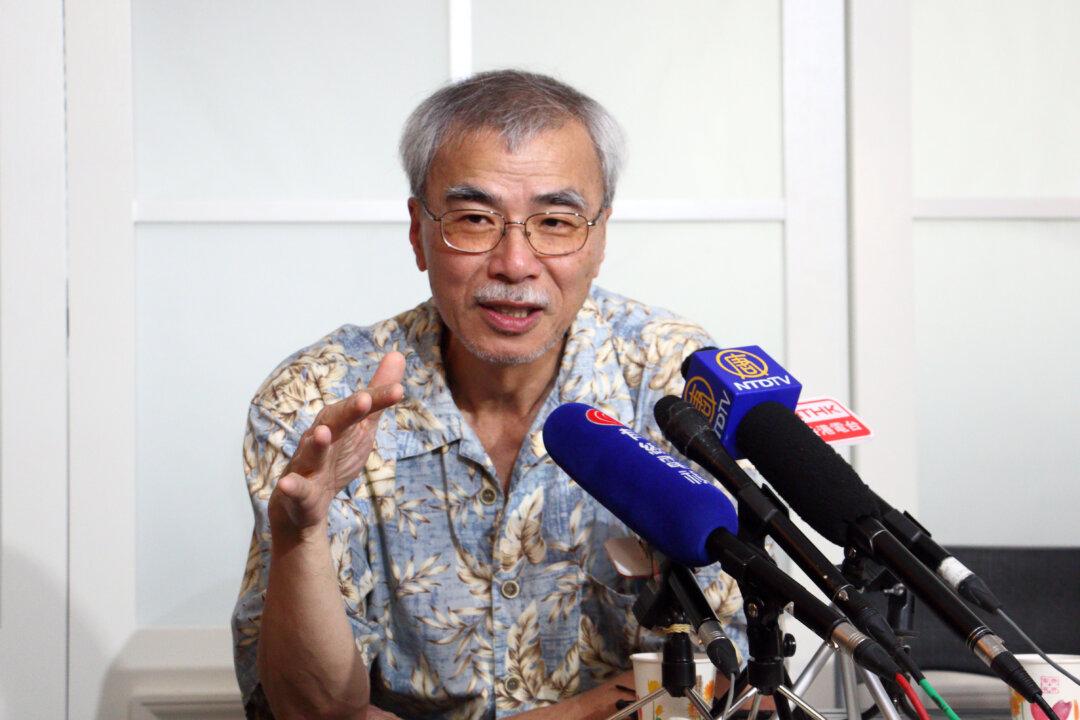Hong Kong pro-democracy legislator “Bottle” Shiu Ka-chun established Wall-fare, an online community platform where people can voice their concern and show support for the imprisoned Hong Kong activists. Shiu set up the organization in April, and he believes it’s his special calling to help the pro-democracy protesters, he told The Epoch Times.
“Too often, they enlightened me, they lightened me, and encouraged me.” Shiu calls the youth protesters “Shou-zu” in Chinese, which means “hands and feet” who encourage and support each other.




